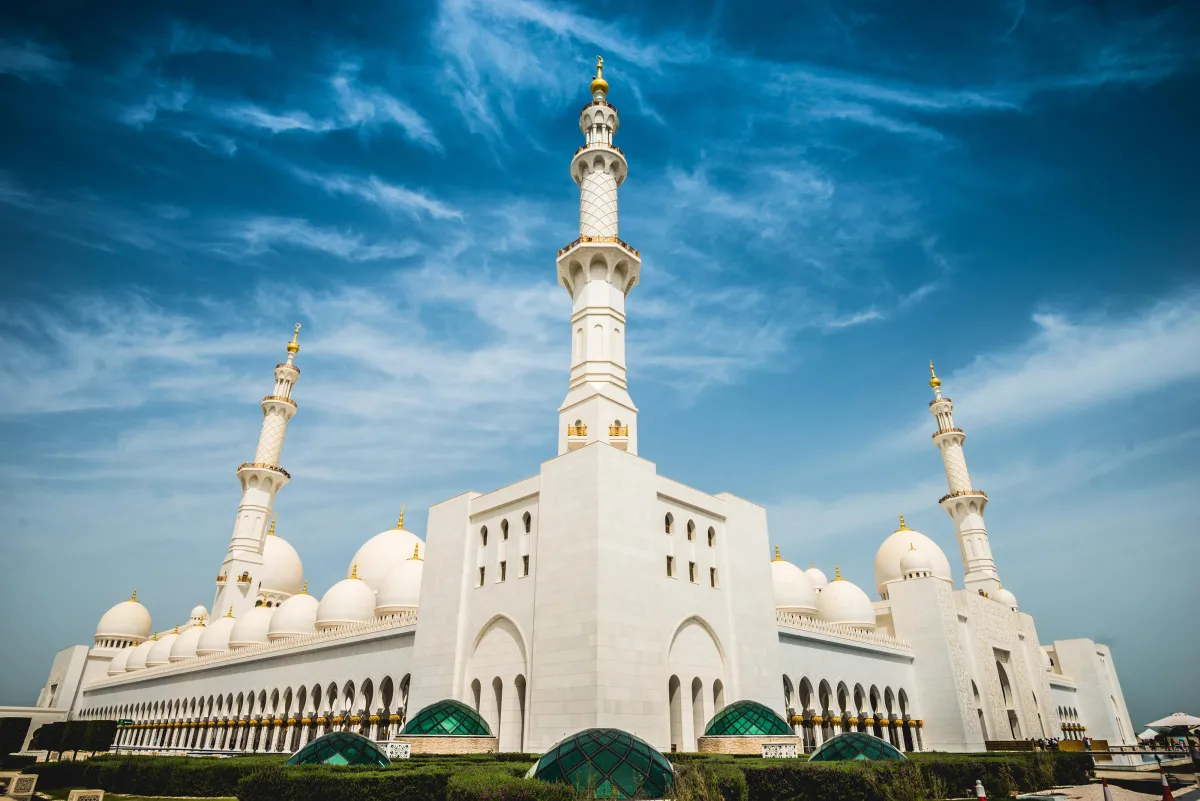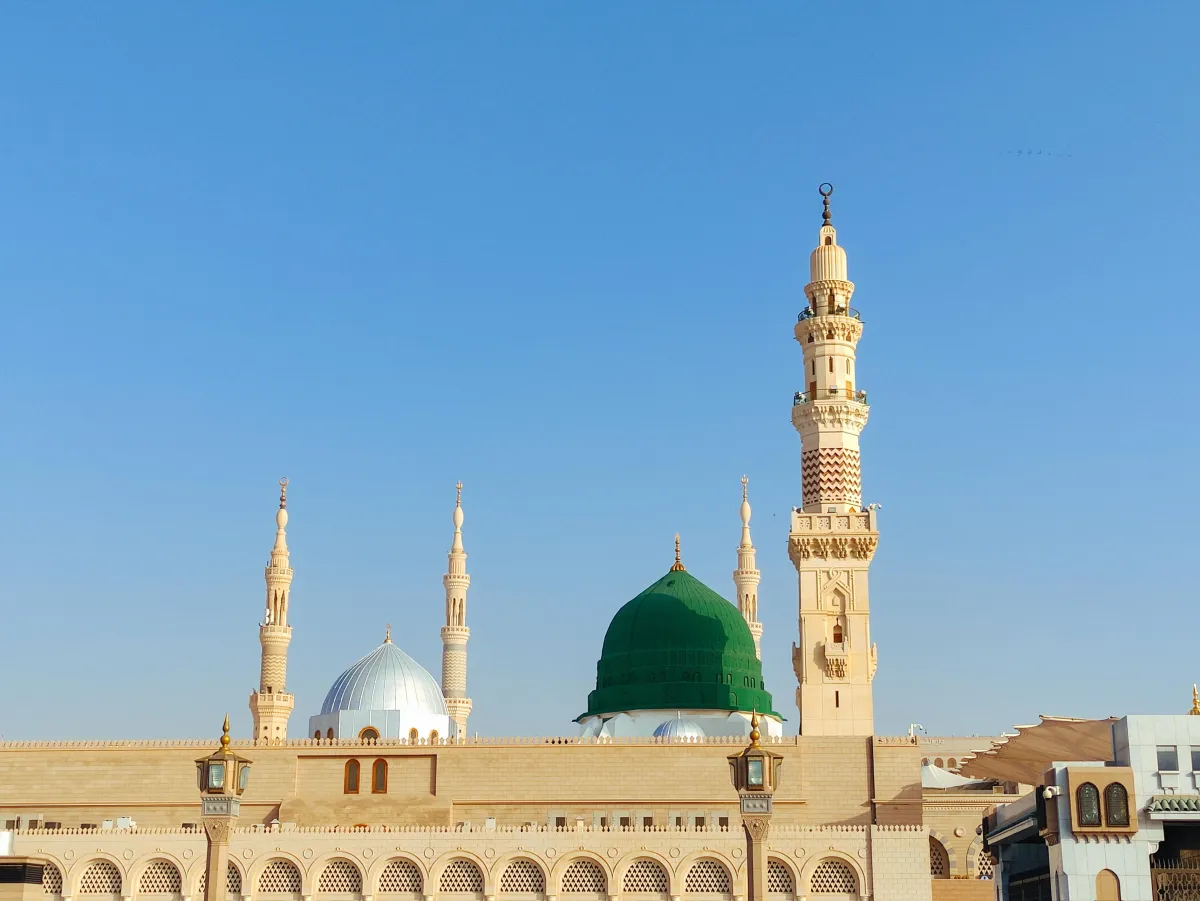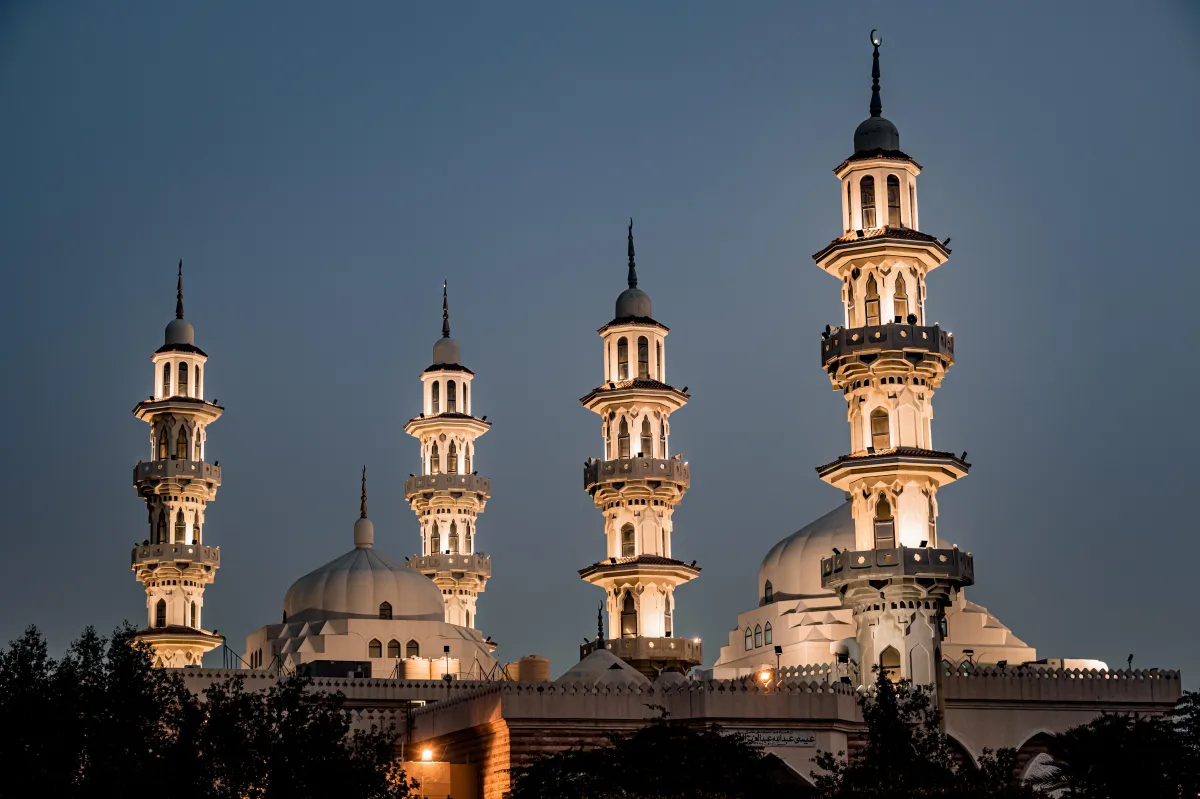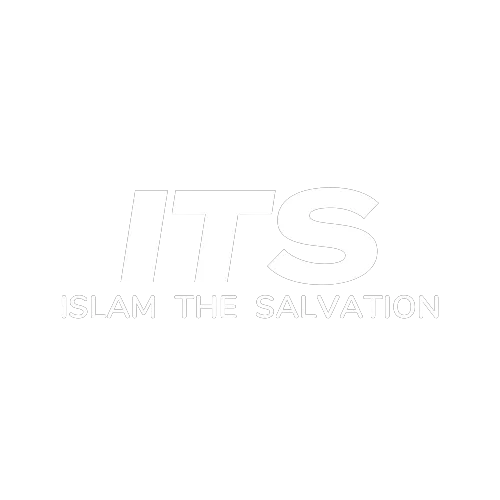”And I created not the jinn and mankind except that they worship me.” - Quran 51:56.
Learn More About Islam and its Teachings

Why Islam?
At the core of Islam is the focus of an individual’s personal relationship with The Creator. It encourages a believer to have sustained awareness of God which is a key to lasting happiness

Who Is Muhammad(ﷺ)?
Muslims believe that Muhammad (peace be upon him) is the final Prophet in a long chain of Prophets sent to call the people to the obedience and worship of God alone ('Allah' in Arabic)

Who Is Jesus( عليه السلام )?
Jesus is a figure who is loved and revered by billions of people the world over, yet there is much confusion surrounding the status of this colossal personality. Muslims and Christians both hold.
Clearing Up Common Misconceptions
What is the meaning
of Jihad?
"Jihad" is a term often misunderstood and associated with violent radical militants. This Arabic word is frequently mistranslated as "holy war," although there is no such thing in Islam. Holy war is something undertaken to forcibly subject others to certain religious doctrines. As we have seen, this is expressly forbidden in Islam.
Islam Versus Terrorism
Terrorism is when innocent people are specifically targeted to instill fear in a population. It is categorically prohibited in Islam. The present era of our history has been blemished by indiscriminate violence in almost every society. The loss of innocent life has become extremely commonplace. Unfortunately, due to the actions of some ignorant Muslims as well as biased reporting in the media, the religion of Islam has come to be associated with terrorism.
Why should Muhammad (PBUH) be the final prophet? Haven't there been others after him?
Prophethood is not something acquired by a person who proves himself worthy, nor is it granted in recognition of piety. Prophethood is an office to which God appoints a man in order to fill a particular need. The Qur’an mentions four conditions under which prophets were sent to the world: When no prophet had ever been sent to a people before and no divine message had reached them When the message of an earlier prophet had been forgotten by the people or the teachings of former prophets had been altered with time When a second prophet was needed to assist a first one When a people had not yet received complete instruction from God In each of these cases a prophet was appointed to convey divine revelation, updating previous messages and correcting deviations that man had introduced into the religion of God.
Why should someone be a Muslim? Can't we follow any religion we please?
There are many people who follow the teachings of a religion as best they can and others who believe in God in some way without practicing any formal religion. Many have abandoned the thought that there could be any true religion because nearly all religions claim to be true. And some allow that all religions are legitimate paths to God and are acceptable to Him.
What is the Islamic
view on suicide, "mercy" killings and abortion?
A true Muslim is satisfied with himself and his place in the universe due to the knowledge that he is not merely a worthless particle within an accidental existence or an insignificant creature with no purpose or role to play in life. He knows that he is a chosen servant of God, holding a position of honor, trust, favor and responsibility. He is certain of his Lord's perfection, all-encompassing knowledge and absolute wisdom, justice and mercy. He knows that nothing is created without purpose and that God's favors and blessings are infinite and beyond human perception.
Are men and women considered equal?
When replying to this question, we must first define what is meant by "equal" and identify the aspect which worries us in terms of gender equality. Islam regards women as spiritual and intellectual equals of men. For a Muslim the important issue is who can become closest to God and earn the greatest reward. The Qur’an answers: "Whoever does deeds of righteousness, whether male or female, while being a believer – those will enter Paradise, and not the least injustice will be done to them." [4:124]
How do you know there is life after death?
We live in a world that demands logic and proof and is not content with only belief. Someone might wonder how a rational, practical minded person could believe in life after death. People tend to assume that anyone who believes in the Hereafter does so on the basis of blind faith. But in fact, belief in the Hereafter is completely logical. And it is the only way the injustices of this world can be reconciled with a just and all-powerful Creator. We know that in addition to physical pleasures and comforts there are certain ideal conditions that human beings instinctively desire and strive to attain, such as love, respect, security and contentment.
If Islam opposes idol worship, why do Muslims pray to a square structure?
The simple cube-shaped stone building located in Makkah is called the Ka‘bah or the Sacred House. It is the point toward which Muslims face when they pray. Although Muslims face the direction of Ka‘bah during prayer, they do not worship it. Muslims worship and pray only to God. The Ka‘bah was built by the prophet Abraham and his son Ishmael in response to God's command over 4,000 years ago. Abraham consecrated the House for the worship of the one true God and invited all of humanity to visit it for that purpose.
What is Islam's view about education, science and technology?
The framework of Islamic thought represents a comprehensive view of life and the universe. A Muslim is therefore required to acquire both religious and worldly knowledge. In fact, Islam advocated knowledge at a time when the whole world was engulfed in ignorance. In a matter of years the early generation of Muslims became a learned and refined people, for Islam had awakened in them the faculty of intellect. Those early Muslims understood from the teachings of their religion that useful knowledge is necessary for the benefit of the self and of humanity. Hence, they pursued it to such a degree that they surpassed other nations in development and productivity and carried the torch of civilization for many centuries.
Head Covers (Hijab)
The Islamic veil or "hijab" refers to the loose-fitting, opaque outer garments with which a Muslim woman covers her head and body. Muslim women cover themselves with such garments before all men apart from their closest relatives. They do not do so to please their fathers, brothers or husbands, but only because God has ordained it. In reality, Islam did not introduce modest dress but merely endorsed it as part of God's religion.
For Peace & Harmony
We Convey, Not Convert
© Islam The Salvation - All Rights Reserved @ 2022

islamthesalvation@gmail.com
Shampur Road, Bangalore